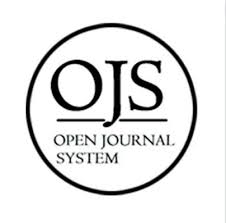Local Languages: Why and How Should They Be Maintained
Abstract
In this paper, I argue that local languages used by linguistic minority groups of a multilingual/multicultural countries be taught as a means of instruction in the first years of a primary school, including early childhood education centres for the following reasons: 1. to build up students’ self-confidence of their original cultures/languages; 2. to acknowledge students’ rich knowledge before starting their formal education; 3. to preserve students’ language and culture (linguistic and cultural maintenance); 4. to improve not only students’ usage of their second language, but also their academic understanding of other subjects they learn in schools; and, 5. to strengthen national unity. In other words, it is argued here that building up students’ self-confidence of their original cultures/languages, acknowledging their rich knowledge at the very start of their formal education, maintaining and/or preserving minority students’ languages and cultures, improving their usage of their second language, and strengthening unity of a multilingual nation can be done by using minority language(s) as a means of instruction in their lower level of education years. By doing this, students’ mastery of their own language(s) and cultures can be improved and, in turn, their mastery of the courses being taught and learned can also be better even when their “second language”, in this context their national/official language, is used as a means of instruction in their later levels of education.
Downloads


 Feliks Tans(1)
Feliks Tans(1)






